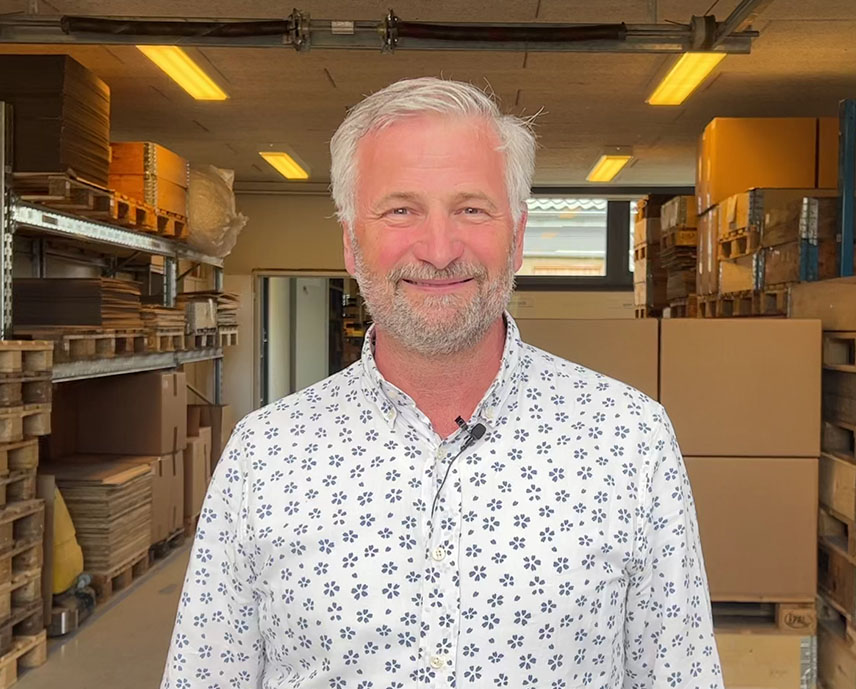
13.06.2023
Making an impact on the green transition
Heat pump has the 3rd largest impact on CO2 reduction, if you look at it from a value for money perspective according to EIA, just behind eliminating coal fire power plans and moving the transportation sector to EV. Which is widely understood and accepted by all. But when it comes to understanding how we best can reduce the need for fossil fuels for heat and thereby approximately 20-25% of our CO2 footprint, there are proven technologies like heat pumps that already now can generate very cost-effective CO2 reductions. A typical private household would be able to reduce its CO2 footprint by 2-3 tons a year by converting from a fossil fuel heating system to a heat pump, depending on how green the electricity that is used for the heat pump is.
"It’s a no-brainer if you ask me". The banning of the use of gas for heating new build has raised awareness of low-carbon heating like heat pumps and district heating. Especially when you overcome the initial high investment cost. From a total cost point, these alternatives have always been attractive when you design it with the right heating/climate system, to begin with. The benefit of having a long-term significantly lower operating cost brings the total cost down to a level that beat most other forms of heating cost. Making this is a no-brainer just like buying LED bulbs instead of old fashion light bulbs is a no-brainer.
Accelerating the conversion of existing heating systems to low-carbon systems requires a higher general awareness of viable low-carbon systems, the typical initial investment cost, the operation cost, CO2 emission etc. If we, like many other countries, want to further accelerate the transition, we need to incentive this by removing some of the barriers. Many European countries have already put incentives in place to meet their NetZero goals by giving tax cuts, attractive financing, conversion support or initial help with capex investment.
Luckily, we are now seeing that it is not only the first movers, the environmentally aware people or the cash-rich people that convert to a low-carbon system. There is a more general acceptance that heat pumps are a viable alternative to fossil heat systems from both a financial and environmental point of view.
We at Eltwin continue to invest heavily in development and production capacity to ensure that the Drives and Controls, that are needed to make this transition, are becoming even more efficient. We will double our R&D capacity over the next 2 years to support our customer’s journey to reduce the products’ CO2 footprint by moving away from the traditional HFC gases and designing our new generation of electronics with a clear goal on LCA and sustainability. Likewise, our investment in new buildings and capacity will also be of the highest standard so Eltwin can continue to be at the forefront of the green transition.
- CEO, Jens Ebbesen